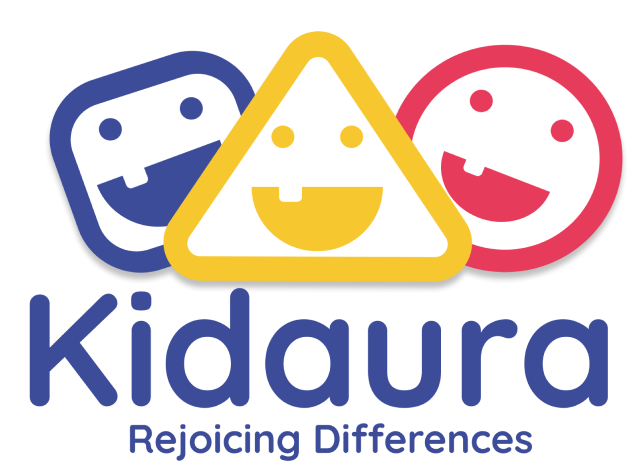The importance of parent involvement in therapy
Published by Madhushree
a year ago
Parents are often the primary caregivers of their children and play a critical role in their development and in their daily lives. Early intervention and therapy for children with developmental conditions are of utmost importance, and they play a vital role in supporting and prioritizing the child’s development and growth. As they are around their children for most parts of their day and life, they have a significant impact on them. Involving parents in the therapy plan and treatment can benefit and accelerate the growth of the child as they best understand and know the requirements and goals that can benefit them. In this blog post, we aim to shed light on why parents must be a part of their child’s therapy plan, the importance of parent involvement, and the benefits that come out of it. Understanding tips and strategies for parent involvement and the collaborative effort of therapists and parents can broaden the path of better growth and development for the child.
As an essential component of effective therapy for children with developmental conditions, here are some reasons why it is important for parent involvement in therapy:
Consistency is key
Children with developmental conditions need consistency and constant support throughout their journey. As parents best understand the needs and requirements of their children, it becomes effective to keep them involved. These children require constant support and guidance to make progress and development. Having a consistent system and environment at therapy and home will only accelerate and benefit the child in living a comfortable life, and in creating a more cohesive and effective treatment plan that helps the child to grow into the best versions of themselves
Motivation and Enagagment
Keeping parents as part of the therapy session, directly or indirectly will allow them to watch and learn about the child’s needs and requirements in depth. It can also increase the child's motivation and engagement in the therapy process when parents are involved and they can provide additional support and encouragement for their child, which can help the child feel more motivated which in turn accelerates growth and development in the long run. By working together with parents, therapists can create a more supportive and collaborative environment focused on what works best for the child.
Increased parental knowledge and understanding
Parents who are involved in therapy sessions can gain a deeper understanding of their child's developmental condition and the techniques and strategies used in therapy. This increased knowledge and understanding can help parents better support their child's development at home and in other settings. Parents can play an active role in supporting their child's therapy by providing feedback to therapists on what they expect and what they are receiving, making it a comfortable environment and a successful process for both parents and therapists as it satisfies the needs of both.
Improved family functioning
Children with developmental conditions often require additional support and guidance from their parents, which can put a strain on family dynamics. By involving parents in therapy, therapists can provide support and guidance not just for the child, but for the entire family. When parents are involved in therapy sessions, they can learn strategies for managing their child's behavior and supporting their development. These strategies can help parents better understand their child's needs. In addition, involving parents in therapy sessions can improve communication and collaboration between family members. When parents and children feel more connected and supported, they are more likely to communicate openly and effectively with each other. This can lead to a more positive and cohesive family dynamic.
In conclusion, involving parents in therapy sessions is essential for the progress and development of children with developmental conditions. By involving parents, therapists can create a more effective treatment plan that takes into account the child's individual needs and goals. The benefits of involving parents in therapy are numerous. Parents can provide additional support and encouragement for their child, which can increase the child's motivation and engagement in the therapy process. In addition, involving parents in therapy can improve overall family functioning, leading to a more positive and balanced family dynamic. Whether you're a parent of a child with a developmental condition or a therapist looking to improve the effectiveness of your therapy sessions, involving parents in therapy can be a valuable tool for supporting the child's progress and development. By working together, therapists and parents can create a more supportive and collaborative environment that fosters the child's growth and development.
Share via

© 2019-2024 Kidaura, All Rights Reserved




